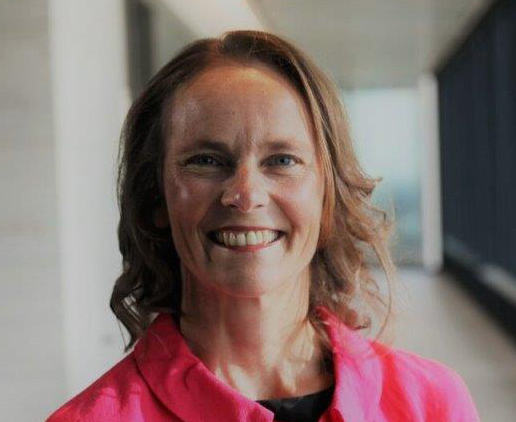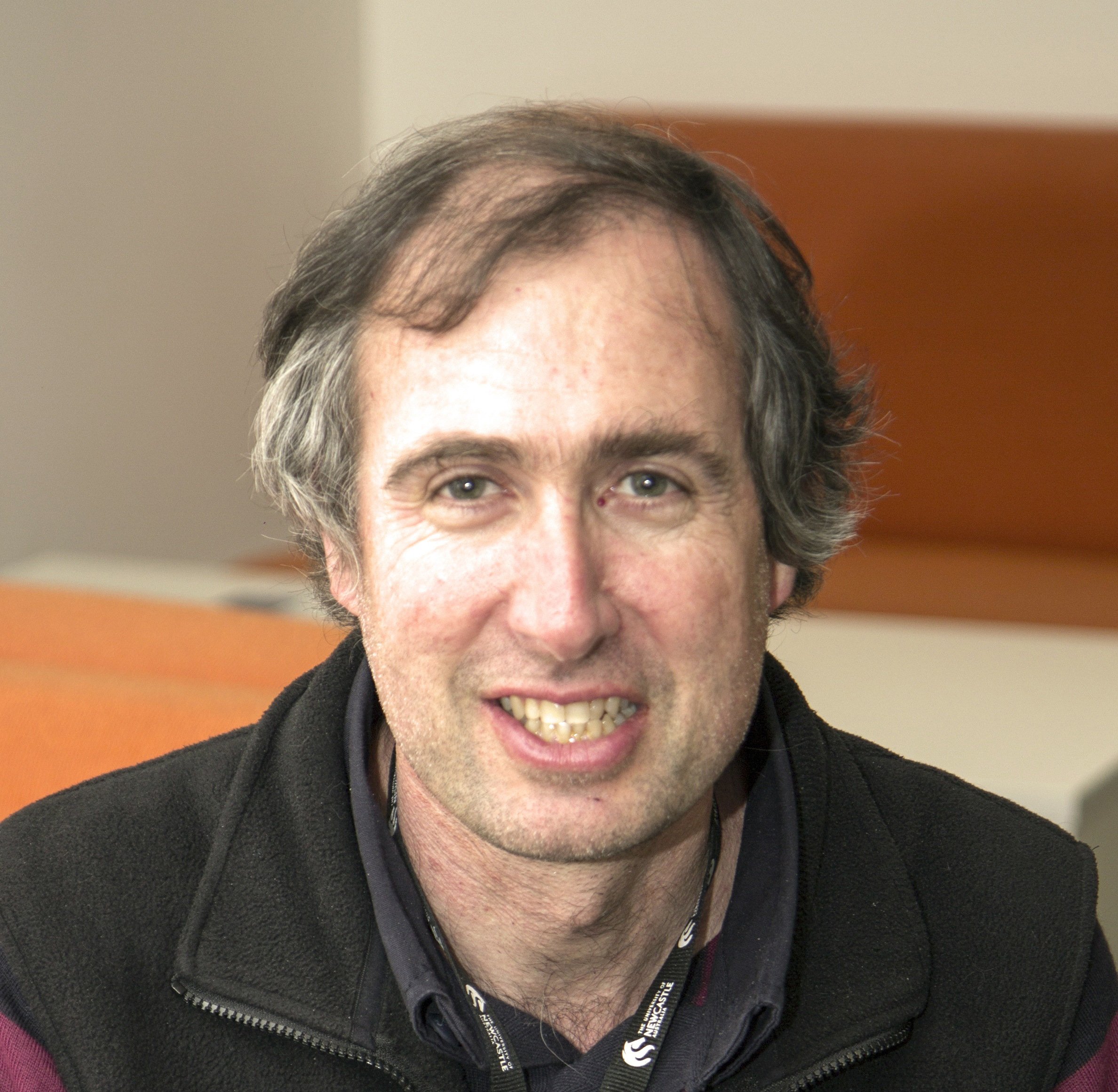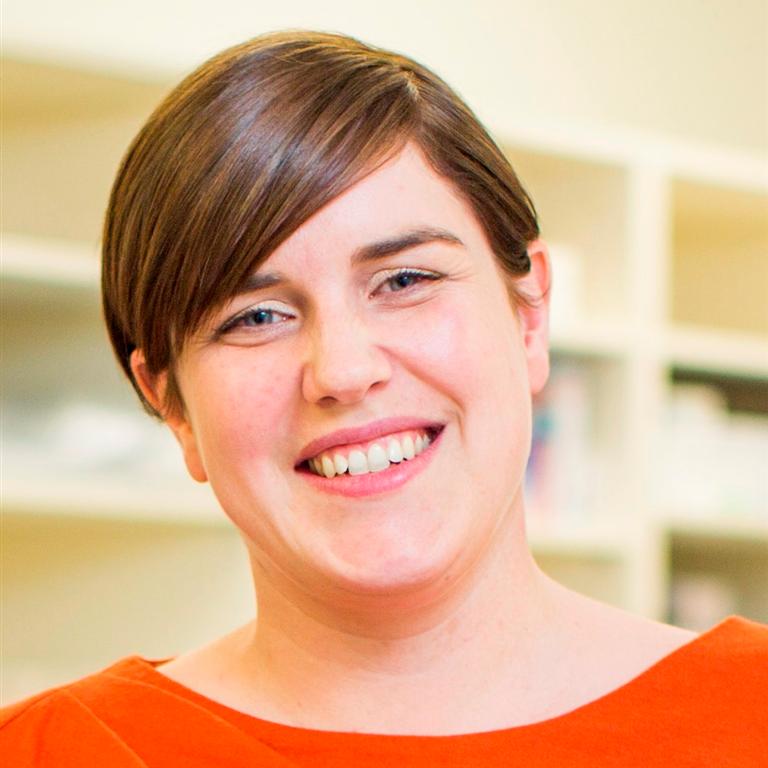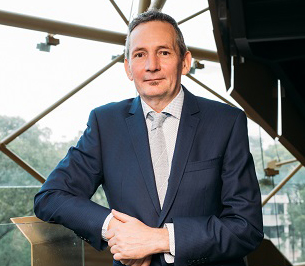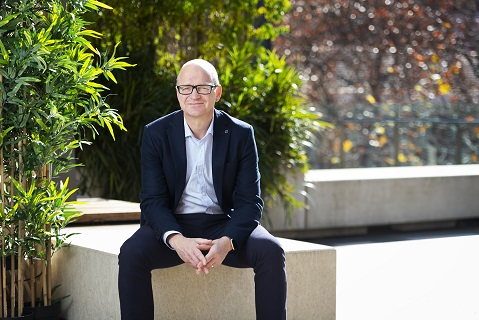
PREDICT Program
Pathway of Research to Evaluation of Dose-Individualised Cancer Therapy: Development of a national individualised cancer-dosing program to both generate evidence and implement existing evidence on algorithms for dosing targeted and non-targeted chemotherapy
The PREDICT Program is funded by a Cancer Council NSW Pathways to a cancer free future grant. $1,961,951.80 over 5 years.
The aim of the program is to develop a personalised chemotherapy dosing system for cancer patients to improve quality of life, reduce side effects and increase chance of survival.
Current chemotherapy dosing is imprecise and not personalised. It is estimated that 20-30% of patients receiving chemotherapy will receive a dose that is too high for them, and 20-30% will receive a dose lower than what is needed for optimal effectiveness. By monitoring chemotherapy levels early in treatment, clinicians will be able to adjust doses to achieve the ideal blood level. This will lead to direct and significant benefits for patients across wide population groups including enabling greater accessibility for rural and remote patients.
Professor Jennifer Martin
Jenny Martin is the Director of PREDICT and provides leadership of the investigator team. She is a dual trained clinical pharmacologist and practicing general physician. She is also the Chair of the Discipline of Clinical Pharmacology at the University of Newcastle. She has a strong interest in Therapeutic Drug Monitoring (TDM).
Professor Ian Olver
Ian Olver has experience in trial design and translating research into practice through guideline development and education. He also has a background in bioethics and particularly the application to research through informed consent.
Dr Peter Galettis
Peter Galettis's role within PREDICT is to develop and establish laboratory methods for the analysis of anticancer agents.
Dr Stephanie Reuter Lange
As a clinical pharmacokineticist, Dr Stephanie Reuter Lange’s research portfolio broadly focusses on using pharmacological principles to inform the optimal use of medications. Appropriately, through this activity she works extensively with pharmaceutical industry and regulatory agencies in the development of new drug entities, as well as clinicians and pharmacists to improve the use of existing drugs for better management of patients. As part of the PREDICT program, Stephanie leads the pharmacometric component – using innovative methods to develop rational, evidence-based guidelines for the appropriate prescription of cancer medicines in clinical practice.
Professor Paul Scuffham
Paul Scuffham will lead the economic evaluation, financial impact and costs of implementation of the trials and research discussed in PREDICT, including evaluation of trials and simulation modelling and will also contribute to education and training of the clinical researchers in the program in the area of health economics.
Professor Alan Boddy
Alan Boddy's role is around providing guidance and advice on the design of studies, measurement of endpoints and links to clinical studies.
Professor Michael Michael
Michael Michael has a strong track record in oncological pharmacological trial design, implementation and data analysis and collaboration across Australian sites. He will assist in the development of new projects, as well as providing support Including direction, review and key performance indicators for each project submitted by the management team. Michael will create initially, then review/update program documents, ensure document harmonization and governance that can be used for each study across the various sites. He will support strategies for the implementation of research evidence in cancer services by liaising with relevant bodies involved in cancer services and facilitate collaboration between the Pathways researchers and NSW/Vic cancer clinicians.
Professor Paul de Souza
Paul de Souza is a Senior Medical Oncologist and will work towards new knowledge for specific outcomes, especially in relation to predictive and prognostic factors for patients in order to better personalise therapies for cancer patients.
Professor Howard Gurney
Howard Gurney will be clinical lead on a number of specific protocols regarding dose optimization for sunitinib and other TKIs for renal cell cancer, abiraterone and enzalutamide for prostate cancer, and involved in developing collection modalities (such as dried blood samples) for these. Developing such processes will open up PK analysis for rural and regional centres for diagnosis and treatment and clinical trials.
Professor Stephen Ackland
Stephen Ackland is a Senior Medical Oncologist with an interest in pharmacology and TDM. He has capacity with medical oncology departments and specialists around the country and has small laboratory TDM expertise in association with clinical departments.
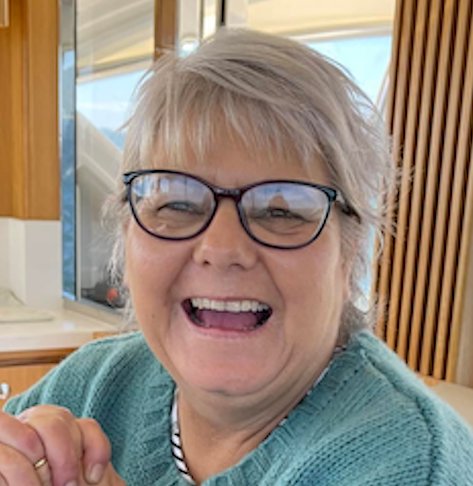
Consumer Representative - Trudi Wynne
Trudi is currently the Chair of the NSW Regional Health Partners External Consumer Committee and a member of the Sydney Health Partners Consumer Advisory Group. Trudi is using her lived experience to assist cancer research and also make the cancer journey a bit easier for other cancer sufferers/survivors.
Resources for investigators
Pathology Request Form (available soon)
Adverse Events Table (available soon)
PREDICT Terms of Reference (available soon)
Application for Affiliate Membership (available soon)
For more information contact:
The University of Newcastle acknowledges the traditional custodians of the lands within our footprint areas: Awabakal, Darkinjung, Biripai, Worimi, Wonnarua, and Eora Nations. We also pay respect to the wisdom of our Elders past and present.
